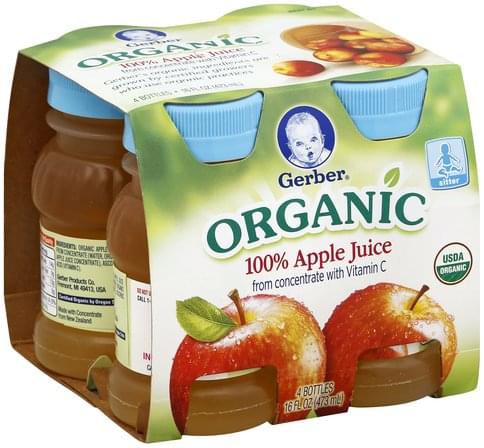

It will be easier for his doctors to treat him if they know exactly what he's swallowed. If possible, bring a sample of whatever he's swallowed with you, along with any packaging or ingredients list. If you think your child may have swallowed something he shouldn't, take him to the nearest hospital emergency department straight away (NHS 2019). See the section below for warning signs to look out for. For example, your child may be sick if he has a urinary tract infection (UTI) or ear infection, or something more serious, such as pneumonia or meningitis (NHS 2019). If your little one has a food allergy, his symptoms will probably come on soon after he's eaten the trigger food (Harding 2018). Common allergens include milk, eggs, fish, seafood, peanuts, sesame, tree nuts, soya and wheat. Food allergy (Harding 2018, NHS 2019).Other causes of vomiting in children include: Less commonly, gastroenteritis can be caused by parasites (NICE 2017, Tidy 2018b), for example from drinking contaminated water when travelling or during a flood (Tidy 2018b). It can also be caused by bacteria (NICE 2017, Tidy 2018b), for example from undercooked or out-of-date food (Tidy 2018b).

If your little one has gastroenteritis, he’ll probably also have diarrhoea (NICE 2017, Tidy 2018b).Ī tummy bug is usually brought on by a virus, such as rotavirus or norovirus (NICE 2017, RCHM 2018, Tidy 2018b). In toddlers and young children, a sudden bout of vomiting is most commonly caused by a tummy bug (gastroenteritis) (NHS 2019). So you may see quite a bit of vomiting in your child's first few years. Even a prolonged bout of crying (Mann 2015) or coughing (Sambrook 2017) can trigger this reflex. How can I prevent the rest of the family getting sick too?Īnything from car sickness (Lowth 2018) to indigestion (Tidy 2018a) can cause your child to be sick.How long do I need to keep my child away from childcare or preschool?.When should I call the doctor about my child vomiting?.


 0 kommentar(er)
0 kommentar(er)
